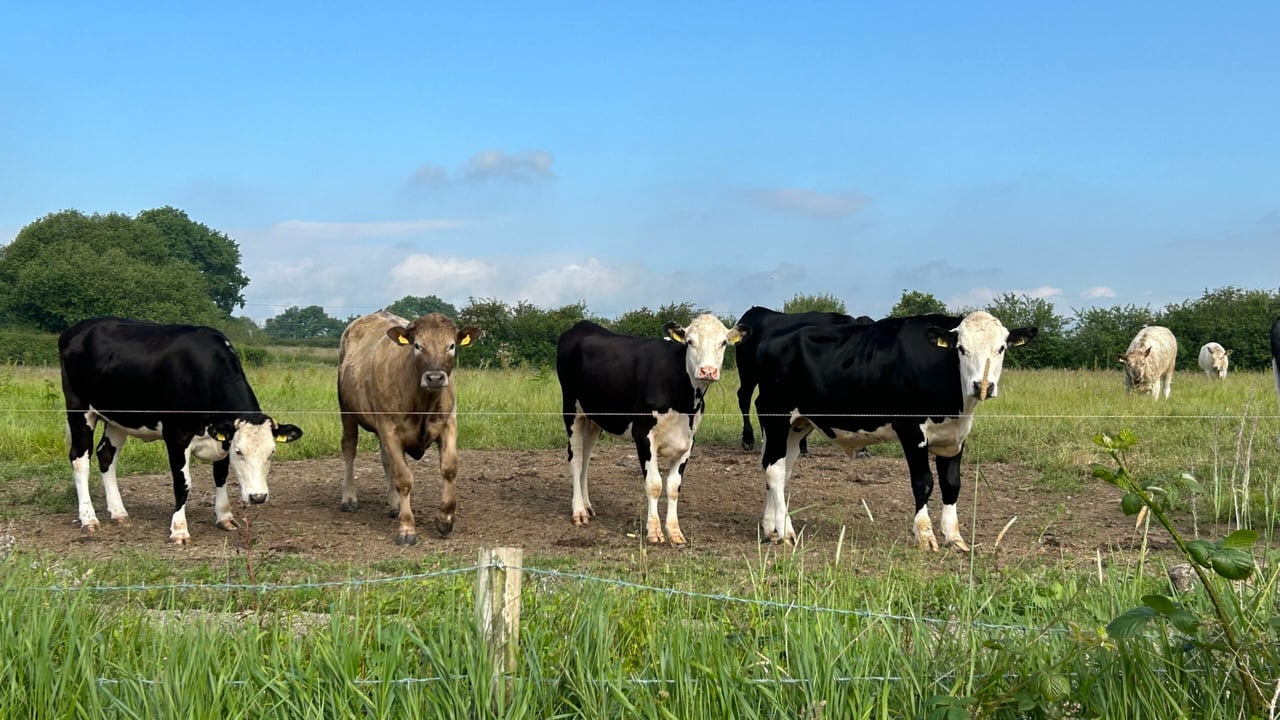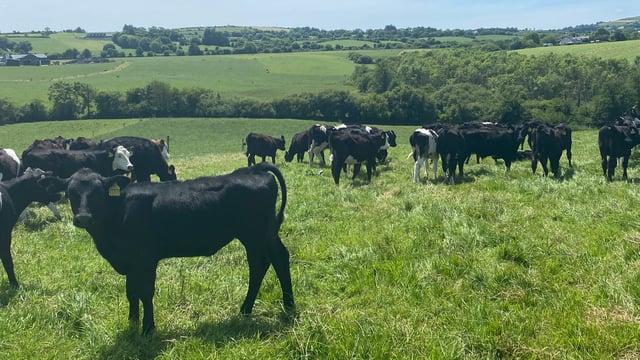DAFM: Advice to prevent bluetongue from entering Ireland
The Department of Agriculture, Food and the Marine (DAFM) has issued advice on preventing bluetongue from entering Ireland.
This comes as the DAFM announced Ireland is currently entering a “higher risk period” for the transmission of the bluetongue virus (BTV).
Bluetongue virus is spread by infected biting midges (Culicoides species) which are generally most active between April and November.
The virus update detailed that “it is critical that all livestock farmers maintain vigilance for any suspicions of this disease”.
It added that it is “especially” important at this time of year as “temperatures continue to rise during spring and summer.
Instead of purchasing bluetongue-susceptible animals from mainland Europe, consider if there is another way you can achieve the breed/genetic changes you seek (e.g., via artificial insemination) to reduce risk.
If you must purchase live animals from outside Ireland, only do so during times when midges are less active (December to March).
Only purchase animals, germinal or biological products from reputable sources. Animals from certain countries require vaccination against bluetongue prior to import; proof of vaccination status for the BTV strains recently circulating in those countries/regions should be obtained.
Ensure the animals are bluetongue virus-free before they leave their country of origin by requesting a pre-movement PCR test for the virus.
Although this can give a certain level of assurance, it is important to remember that animals may be harbouring the virus which is not yet detectable by laboratory testing, or they may become infected if bitten by an infected midge en route.
All susceptible ruminants need to be tested after their arrival to Ireland even if they have had a negative pre-movement test.
Isolate imported animals indoors as soon as they arrive onto your holding and monitor them closely for any signs of illness.
Ensure all animals arriving from mainland Europe are visited by an RVO (Regional Veterinary Office) vet within five days of arrival into Ireland.





